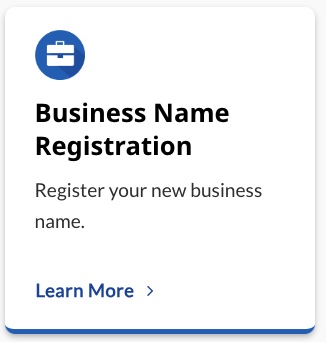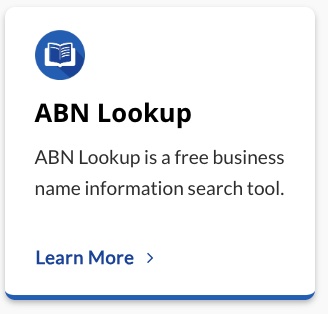Title: Smarter Systems: The Role of Blockchain Technology in the Innovative World
Historically, keeping track of digital transactions has been quite a headache. This was mostly due to the intricacies of the system and the need for a central authority or third party like a bank to ensure everything was correct. Recently, however, a smart new technology called blockchain has emerged, and it promises to simplify the process in a big way.
In its basic form, blockchain is a type of digital ledger system that keeps a record of all transactions happening over the Internet. Transactions on the blockchain are fully transparent, traceable and difficult to manipulate. This makes it an excellent solution for digital transactions where accuracy, traceability, and security are crucial.
Users trust blockchain because of its unique properties. No single party controls it, making it truly decentralized. This decentralization means no single party can change the records in the blockchain without the approval of the majority. This significantly reduces the odds of fraudulent activities. All transactions are visible to every participant, further enhancing the system’s transparency.
The adaptation of blockchain technology has been skyrocketing because of these qualities. It is currently used not only for cryptocurrencies such as Bitcoin but also in other fields like real estate, healthcare, and supply chain management. For example, in real estate, transactions can be recorded on a blockchain, creating an immutable record and thus reducing fraud. Similarly, in the healthcare sector, to maintain the authenticity of drugs, the supply chain of medicines can be recorded on a blockchain.
Integrating blockchain in software and applications is one of the key focuses of businesses globally. Software developers need tools to program and configure blockchain networks. They require customizable control layers to code the business logic i.e., they want to dictate what happens when a certain condition in a transaction is met.
Fortunately, advanced solutions and software are emerging to better equip developers for this task. These tools should ideally have the capability to work across different blockchain platforms and be easy to interact with. Simplifying the process of integrating blockchain not just incentivizes businesses to adopt this technology but also accelerates the development of improved, efficient business systems.
Of course, like any new worthwhile technology, blockchain is not without its challenges. These include computing power requirements, scalability issues, data privacy concerns, and legal and regulatory issues. However, the immense potential of blockchain to disrupt and transform traditional business processes is undeniable and ultimately makes navigating these challenges worthwhile.
In conclusion, blockchain technology has immense potential to revolutionize the world as we know it. From our digital transactions to how we do business, everything is set to change in the coming years thanks to this game-changer. As an astute business leader, it’s worth considering how your organization might best leverage blockchain technology. As they say, “the early bird catches the worm.” Stay ahead of the game and consider the possibilities that blockchain technology can offer your operations.
Register your new business name at register.biz.au


